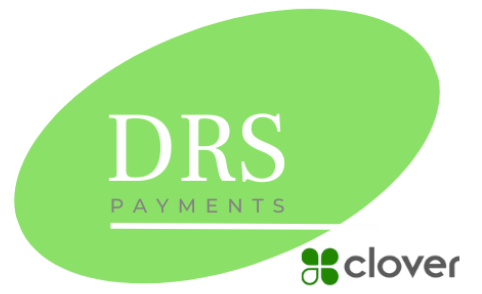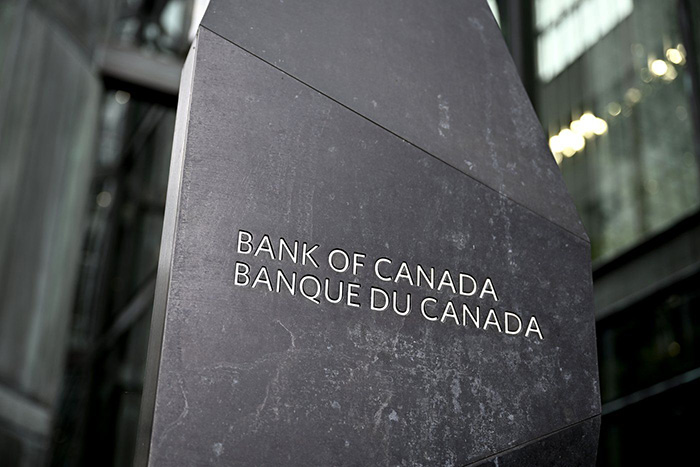Tips and Taxes: What You Need to Know
Since May 7th, Bill 72 has officially come into effect in Quebec. It prohibits businesses that accept tips from calculating suggested tip percentages based on the amount after taxes. At first glance, this might seem like a technical or insignificant change, but in reality, it has a concrete impact on restaurant owners, bars, cafes, hair salons, and basically anywhere tipping is part of the equation.
Before Bill 72, terminals often displayed suggested tips based on the total amount, including taxes. As a result, customers sometimes ended up giving more than they intended. With the new rule, businesses are now required to base tip percentages solely on the amount before taxes. While this may seem like a small nuance, it has real consequences.
Why was this law passed?
The goal of Bill 72 is simple: to offer more transparency to consumers. Many customers were confused about why their tip seemed higher than expected. The answer? It was often calculated on an amount that included GST and QST. And since taxes don’t go to the server or the business, the government decided it was time to regulate this practice.
On May 7th, the new regulation went into effect. But despite its official implementation, many businesses are still not compliant with the law’s requirements. Some are unaware that they are in violation, while others haven’t yet updated their payment systems to reflect the correct calculations based on the pre-tax amount. This is problematic — both for customers and the businesses themselves.
Concrete impacts for businesses
Bill 72 requires businesses to adjust their terminals so that tip calculations follow the new rules. This isn’t automatic for everyone. Older terminals or rigid systems may require technical updates, or in some cases, a full replacement. This translates into time, money, and sometimes, headaches.
For many establishments, this also means training staff to calmly explain to customers why the suggested tip appears lower. While customers can still enter a custom amount, most choose from the suggested options. If these suggestions are improperly configured, everyone loses.
And of course, tipped employees are at the heart of this change. A calculation based on a lower amount could mean a decrease in the tip they actually receive. That’s why it’s crucial to ensure the suggested amounts are fair, transparent, and well thought out.
What this means for customers
For customers, this law is actually a good thing. It ensures that tip percentages are based solely on the service received — not on the taxes imposed by the government. This makes the bill easier to understand and helps avoid unpleasant surprises when it’s time to pay.
But be cautious: if a business hasn’t yet adjusted its terminal, the customer might still end up paying a tip that’s illegally calculated on the amount after taxes. That’s why it’s so important for businesses to stay up to date, not only to comply with the law but also to maintain customer trust.
How to easily adjust with the right payment solutions
Complying with Bill 72 shouldn’t be a headache. With the right payment solutions, businesses can ensure that their terminals display the correct amounts, show accurate tip percentages, and follow the rules — without risking penalties or customer frustration.
A good payment solution should be able to quickly adjust to legislative changes like this one. It should also offer a clear and simple interface for both customers and staff. Because in a service-driven environment, every detail counts.
Why choose DRS Payments
This is where DRS Payments comes in. Thanks to its modern and adaptable payment solutions, DRS Payments allows businesses to easily comply with Bill 72. Say goodbye to incorrect calculations or clunky setups — their technology automatically takes the current regulations into account and applies them.
In addition to ensuring tip percentages are calculated based on the amount before taxes, DRS Payments provides personalized service, hassle-free installation, and ongoing support. For businesses that want to stay compliant while offering a smooth payment experience, it’s a smart choice.
Bill 72 is clear. It’s been in effect since May 7th. Yet, many businesses are still not ready. Don’t risk non-compliance. Trust DRS Payments for payment solutions that are compliant, simple, and effective.







